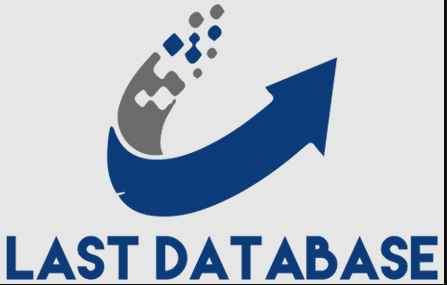Data processing is a critical aspect of email marketing that involves the collection, analysis, and utilization of customer data to create personalized and effective email campaigns. In this article, we explore the significance of data processing in email marketing and how it contributes to driving personalization and overall campaign success.
Data Collection: Gathering Customer Insights
Heading 1: The Foundation of Personalization
Data processing begins with the collection of customer data. This includes information such as email addresses, demographics, purchase history, website interactions, and subscriber preferences. By understanding customer behavior and interests, businesses can segment their email lists and tailor content to meet the specific needs of different UK Email list audience groups.
Data Analysis: Extracting Meaningful Insights
Heading 2: Harnessing Actionable Information
Once data is collected, it undergoes analysis to extract meaningful insights. Email marketing platforms use advanced analytics to measure key performance indicators (KPIs) such as open rates, click-through rates, and conversion rates. This analysis helps marketers identify trends, understand customer engagement, and evaluate the effectiveness of email campaigns.
Personalization: Delivering Targeted Content
Heading 3: Engaging the Audience
Data processing enables personalization, a key driver of email marketing success. By using customer data to tailor email content, subject lines, and calls-to-action (CTAs), businesses can create personalized messages that resonate with recipients. Personalized emails foster stronger engagement and increase the likelihood of subscribers taking desired actions.
Segmentation: Targeting Audience Segments
Heading 4: Maximizing Relevance
Data processing allows for audience segmentation based on specific criteria. By segmenting the email list into groups with similar characteristics or behaviors, marketers can deliver targeted content that matches the interests and preferences of each segment. This targeted approach ensures that subscribers receive relevant information, leading to higher engagement and conversions.
Automation: Enhancing Efficiency
Heading 5: Streamlining Campaigns
Data processing is instrumental in email marketing automation. Automated workflows use customer data to trigger emails based on specific actions or time intervals. Automation streamlines email campaigns, ensuring timely and relevant communication with subscribers, and allows businesses to engage with their audience at scale.
Data Protection: Prioritizing Privacy and Security
Heading 6: Safeguarding Customer Information
Data processing in email marketing necessitates prioritizing data protection. Adhering to data privacy regulations B2B Lead and implementing robust security measures ensures that customer information is safeguarded. Respecting customer privacy builds trust and confidence, fostering positive relationships with subscribers.
Conclusion:
Data processing is at the core of successful email marketing campaigns. By collecting and analyzing customer data, businesses can create personalized and engaging content, target specific audience segments, and streamline their email marketing efforts through automation. Personalization, segmentation, and automation driven by data processing lead to higher engagement, increased conversions, and overall campaign success. Additionally, prioritizing data protection ensures that customer information is handled responsibly, building trust and loyalty with subscribers. In the evolving landscape of email marketing, harnessing the power of data processing is essential for creating meaningful and effective email campaigns that resonate with the audience and drive business growth.







